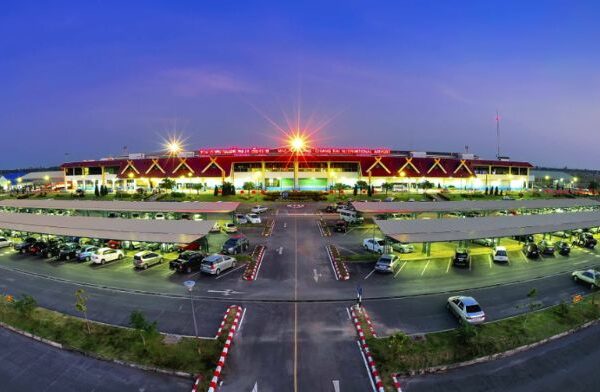Airports trade body ACI Europe met with the Government of Kazakhstan, its Civil Aviation Committee and Aviation Administration (AAK) on 4 October to address the challenges the country faces in supporting its economy through the sustainable development of air connectivity.
Describing Kazakhstan as a fast-developing aviation market, Olivier Jankovec, ACI Europe’s Director General, said the geography and size of the country combined with the low propensity to fly and a still largely untapped potential as a tourism destination, all point to the dynamic growth of the air transport sector in the region over the next 20 years. What’s more, new aviation development opportunities are arising as a result of changed geopolitics, which have meant the Kazakh aviation market is now repositioned for air traffic flows across Eurasia.
Modernising and upgrading the country’s airport infrastructure through long-term planning, development and financing is crucial to realise the country’s full potential for its aviation sector, stressed Jankovec.
“This starts by allowing Kazakh airports to recover the cost of providing their facilities from user. The harsh limtis currently placed upon Kazakh airports on what they can charge airlines is clearly an anomaly that needs to be urgently rectified,” he said.
“Not only are these limits at odds with international standards and practices, in particular from ICAO – but they also mean that airports are underfunded and have to disproportionately rely on ancillary activities. This is not sustainable, and risks holding up airport infrastructure development and service quality enhancements that will be essential for the success of the Kazakh aviation market.”
Jankovec also pointed out that pursuing an ‘Open Skies’ policy that fully liberalises market access both domestic and international, is also key. While important steps have been taken in this direction, a comprehensive Aviation Agreement to ensure a closer integration of the Kazakh aviation market with the the European Union is a fundamental next step. It would also be seen as a strategic asset in reinforcing the positioning of Kazakh aviation across Eurasia traffic flows.
Another fundamental step for Kazakhstan is to actively participate and support ICAO in implementing its goals to achieve net zero CO2 emissions by 2050, added Jankovec. The ken enabling factor in this regard will be the development and deployment of sustainable aviation fuel (SAF). ACI is encouraging Kazakhstan to set up its own strategy for implementing and developing a framework to increase SAF supply and demand.






